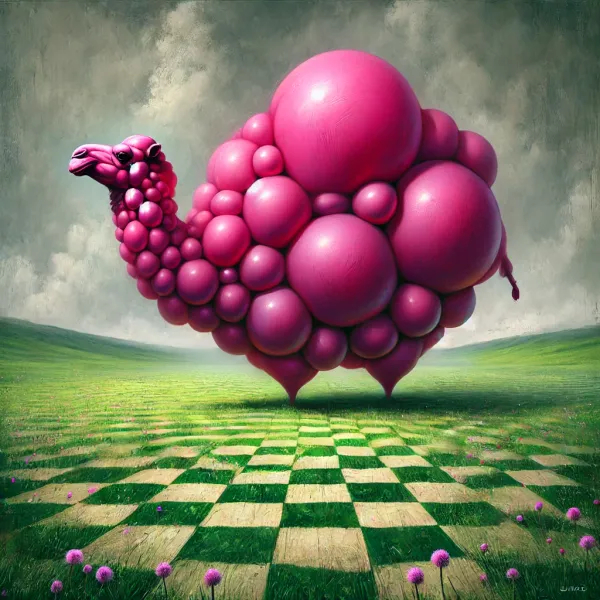
Adaptive Strategy
Growth Is Not a Strategy
Most strategies assume growth. Few examine how that assumption changes the way decisions are made.

Adaptive Strategy
Most strategies assume growth. Few examine how that assumption changes the way decisions are made.

Adaptive Strategy
We treat foresight as if it were about time and the yet-to-come. But real impact begins when we realise: foresight is about timing.

complexity
The real shift isn’t from business as usual to experimentation, but from reaction to anticipation. This is the frontier between surviving and evolving.

complexity
We often imagine change as a clean swap of parts, one process out, another in, and we keep telling ourselves that with enough focus and discipline the machine will run better.
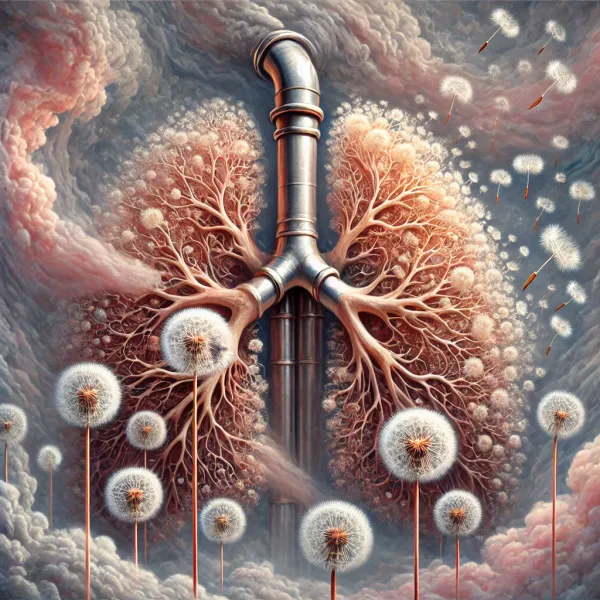
Transformation
Transformation isn’t subtraction. It’s not about taking something out to make space. It’s the reconfiguration itself that changes everything. Letting go isn’t absence, it’s a shift in how things relate so something new can begin.

complexity
Most structures are built to last. But what if that isn't the point? Sometime care looks like building, and sometimes care looks like stepping aside.
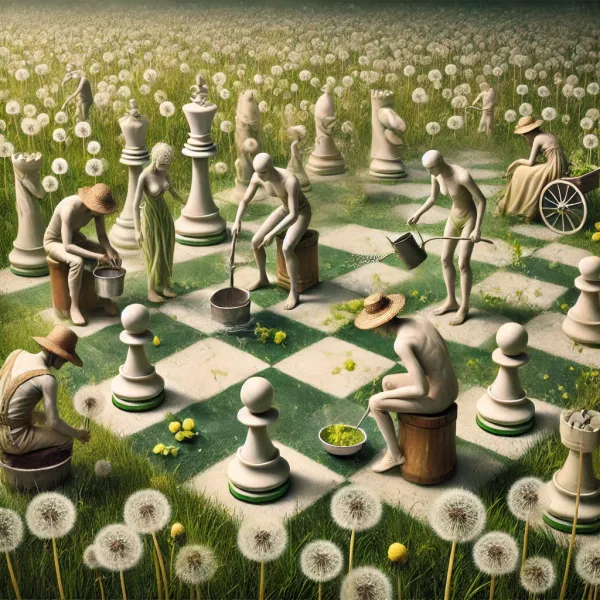
complexity
We like to believe that if we build the right structures, policies, teams, strategies, or incentive systems, something good will emerge. We hold on to the hope that good intentions paired with solid design will stabilize the future. But if we’re honest, we often don’t know whether they will.
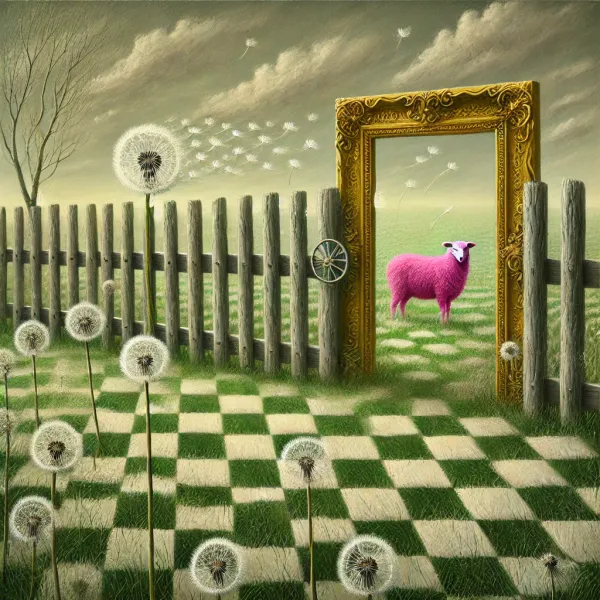
complexity
We say we want less regulation—until we need it. The real tension isn’t between freedom and control, but between rules that trap and rules that enable.

Adaptive
Don’t get me wrong, I understand the notion and see the beauty in all the “Build bridges, not walls” kind of metaphors. But when it comes to strategy and futures, I’m afraid a bridge isn’t the answer.
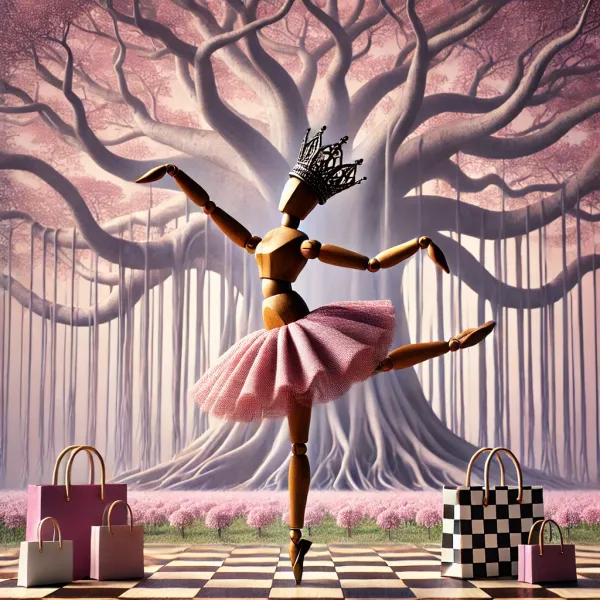
complexity
The problem with traditional strategy is not just its rigidity—it’s its assumption about time. The idea that we can move from ‘now’ to ‘next’ as though history were a straight road. The Banyan approach rejects this.
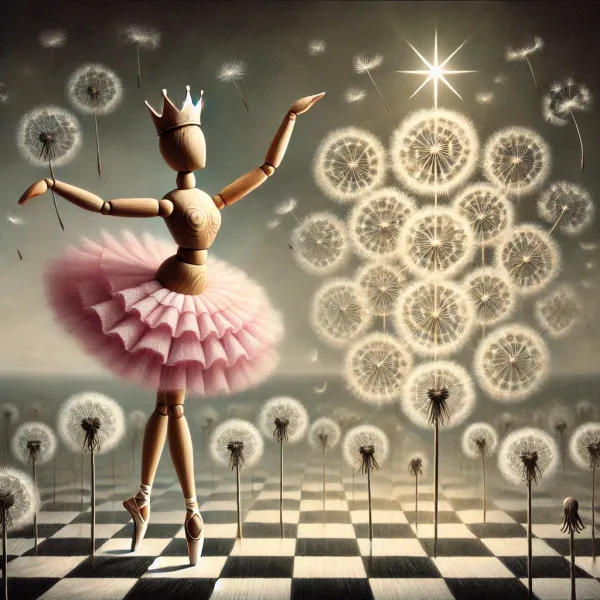
complexity
December is full of contradictions—the year closes, yet the world feels impossibly full. Lights shine on long nights, reminders that even darkness holds a spark of hope. Christmas invites us to reflect on the tangle of past, present, and future, offering pathways not to predict but to participate.
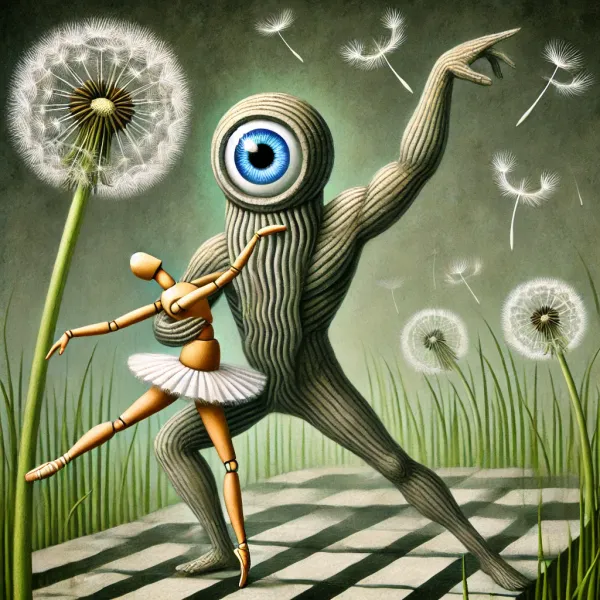
Poetry
The Cyclops, one eye fixed on the world, sees only what lies before it. Depth dissolves into certainty, a singular truth, unbroken but incomplete. Complexity shimmers beyond its gaze, an intricate weave of ripples and roots, where nothing stands alone, where every part speaks to another. Hierarchies cling to their